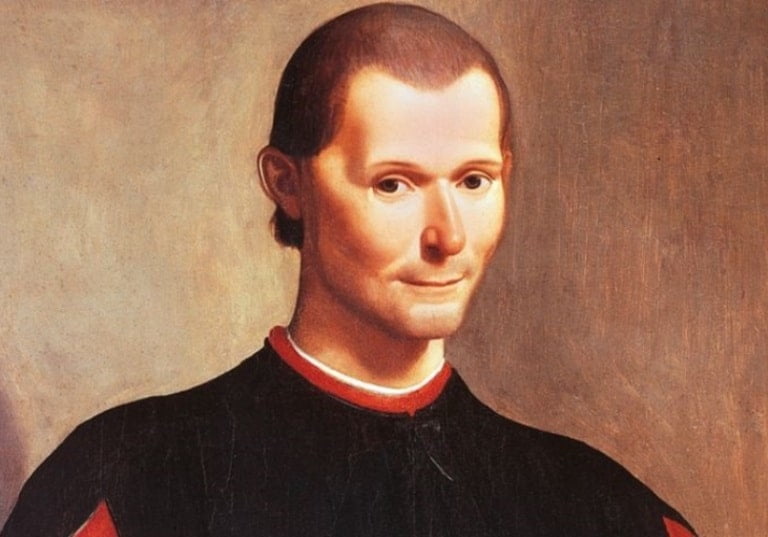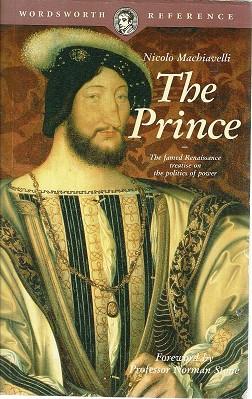

Being a realist, Machiavelli does acknowledge the role luck plays in ruling and concedes situations do occur over which rulers have no control. Believing even actions become necessary at times for the survival of the state, the book suggests a truly go to the ruler will set aside morality when the political situation warrants.


In identifying these attributes, he focuses on how historical ruler succeeded, including both the model and immortal acts necessary for the success of the role. Machiavelli outlines the Important attribute she believes rulers should have. Believing the military plays an important role in maintaining this power, he offers advice on how to build and maintain an army. Using examples from history to last three days different types of rulers, your for suggestions on how they eat chicken best of 10 and maintain their power. The book begins with the discussion of the four types of absolute rulers: hereditary, those your next kingdom is created from the military conquest, new, and religious.

Machiavelli dedicates his book to Lorenzo de Medici full, leader of the family who overthrew the government he worked for. In his book, he instructs his reading audience on the ways and means of absolute rule over others. Written by Machiavellian 1513, the Prince reads like a political how to succeed manual. Does the end, political stability, justify the means? He then uses these considerations as a basis of practical recommendations, and these recommendations frequently go against, and morality. Machiavelli makes observations about the actual conduct of political leaders and looks at whether or not they achieve the results they set out to achieve. The theme of the book rests on its objective and pragmatic approach, even to the point of cynicism, to political action. The Prince is Machiavelli’s most famous work in the history of political philosophy.


 0 kommentar(er)
0 kommentar(er)
